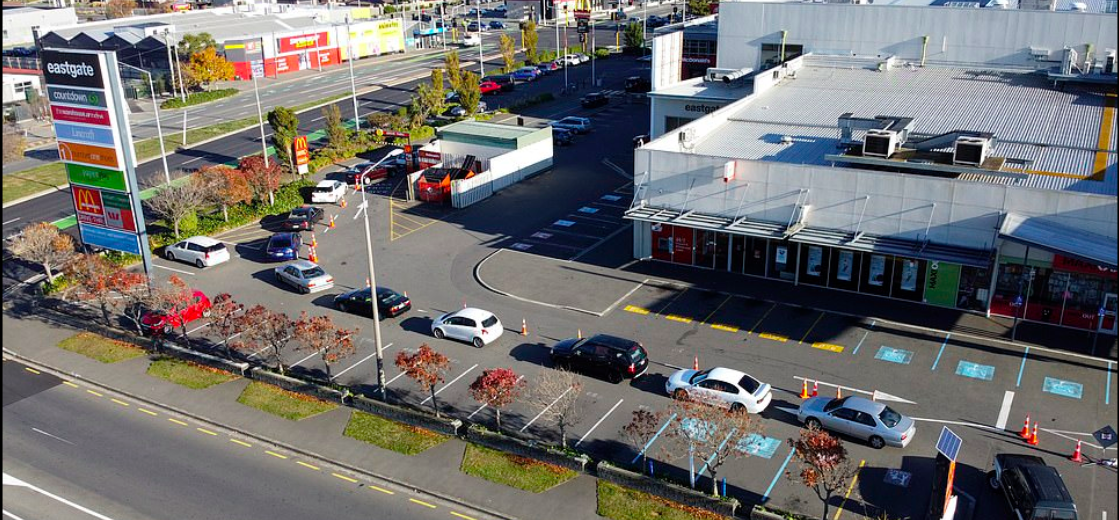4 May - 10 May
Section outline
-

Tangata ako ana i te whare, te tūranga ki te marae, tau ana.
A person who is taught at home, will stand collected on the marae.
Kia ora. It was a short week last week, so this week we are going to continue the work we started last week. I have added an additional task for those of you who managed to get some work done last week.
We are thinking about our new context; Unknown/Unexpected What do these words mean to you and how do they link? How do you cope when something unexpected or unknown occurs? Do you have any strategies? How can you make sure that you are not impacted negatively long term by unknown or unexpected events? We are gong to look at how people around the world (and within our own country) have reacted to recent events - and whether these reactions are legal, just and show equality to all
Success Criteria: I can/have...
- explore human rights
- contrast actions of NZ and another country
- evaluate the effect the actions have on human rights
Activities (Google classroom):
- Introduction to human rights powerpoint
- Select a country (other than NZ and research the current restrictions in place for its population
- 3 Human Rights picture quiz. - For each image, compare and contrast the action of the governments of two countries (NZ and your selected country) Has the government violated human rights? Write your opinion on the document provided.
- Land of the Free vs. Land of the Lockdown
Homework:
Write here...EXPLORE / TŪHURA learning intentions:
- We are EXPLORING global human rights and researching how these have been impacted by recent events
- We are EXPLORING how human rights violations are addressed and policed
- We are RECOGNISING that there may be times when human rights are altered to meet a global/regional need
